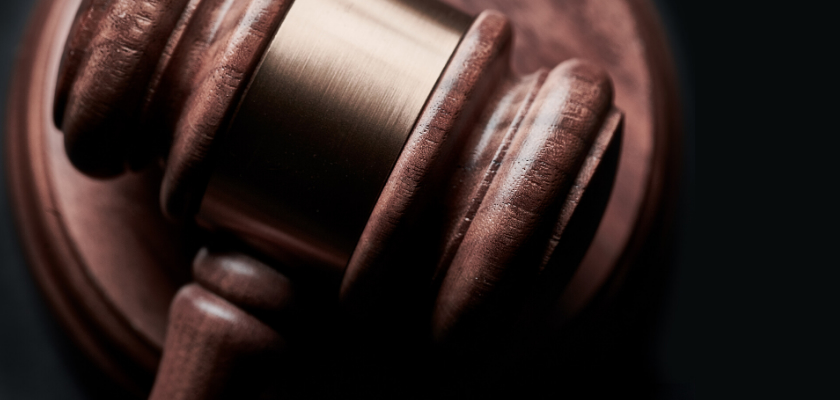Bridgette Blitch, Esq., sees driving through a different lens than most. She is an attorney at Florida-based Taylor & Associates, a firm that represents fleets, truck drivers, and other logistics and transportation clients, and it’s her mission to see drivers and motor carriers preserve their livelihoods and legacies. Blitch spoke with Lytx recently about one of her favorite topics — how video event recorders can help protect drivers’ and motor carriers’ continued success.
“Motor carriers and drivers both feel the impact of a DOT violation on their CSA scores,” Blitch said. “The event recorder can show if a driver was not violating a regulation at the time of a citation and can lead to an exoneration.”
If a driver is cited for texting and driving, that behavior can be subject to discipline, Blitch said. But when you have a video event recorder that shows the driver was not texting at the time they were pulled over, the event recorder becomes an important tool for drivers to help secure and defend their jobs.
“Not all DOT violations result in a court appearance, but if a court summons has been issued, the driver should obtain qualified counsel and defend their interests,” Blitch said.
That’s because in traffic court, the burden falls on the state to establish proof that a ticket was warranted. Without a traffic court appearance, the burden falls on drivers and motor carriers to prove their own innocence in a DataQs challenge. Because an event recorder can show that a driver wasn’t breaking any laws when a ticket was issued, it can be a valuable tool of defense, Blitch said. “All the more reason to have an event recorder in your vehicle,” she added.
Video event recorders can relieve stress for drivers
In the way an event recorder can help exonerate drivers from everything from running a red light to liability in a collision, “this technology can be a driver’s best friend,” Blitch said. “Let me tell you, if a collision happens, it’s often the commercial driver who’s going to get cited, correctly or not. The driver can do everything right, and still a collision can occur. If you have technology on board to show that the driver was free from negligence and did everything they could to avoid the collision, it’s going to be very difficult for prosecutors or plaintiff’s attorneys to dispute the video.”
Driver-facing cameras are especially useful in defending drivers, because they show a driver’s reaction to an incident and any precautionary measures a driver took behind the wheel.
“While there are always uncertainties in litigation, having video from the inward-facing lens can help make a case open and shut,” Blitch said. “It shows the driver was alert just prior to the collision and wasn’t doing anything wrong, when out of nowhere, a car hits him.”
Without the inward-facing event recorder, a driver’s level of legal protection diminishes, Blitch said. In fact, her firm has encountered cases where, with only the outward-facing video event recorder, there was not enough evidence to protect the driver from being issued a citation.
While a video event recorder reduces costs for fleets and protects them from liability, “it’s important to remember that event recorders also promote safety, accountability and preservation for the drivers themselves,” Blitch emphasized.
